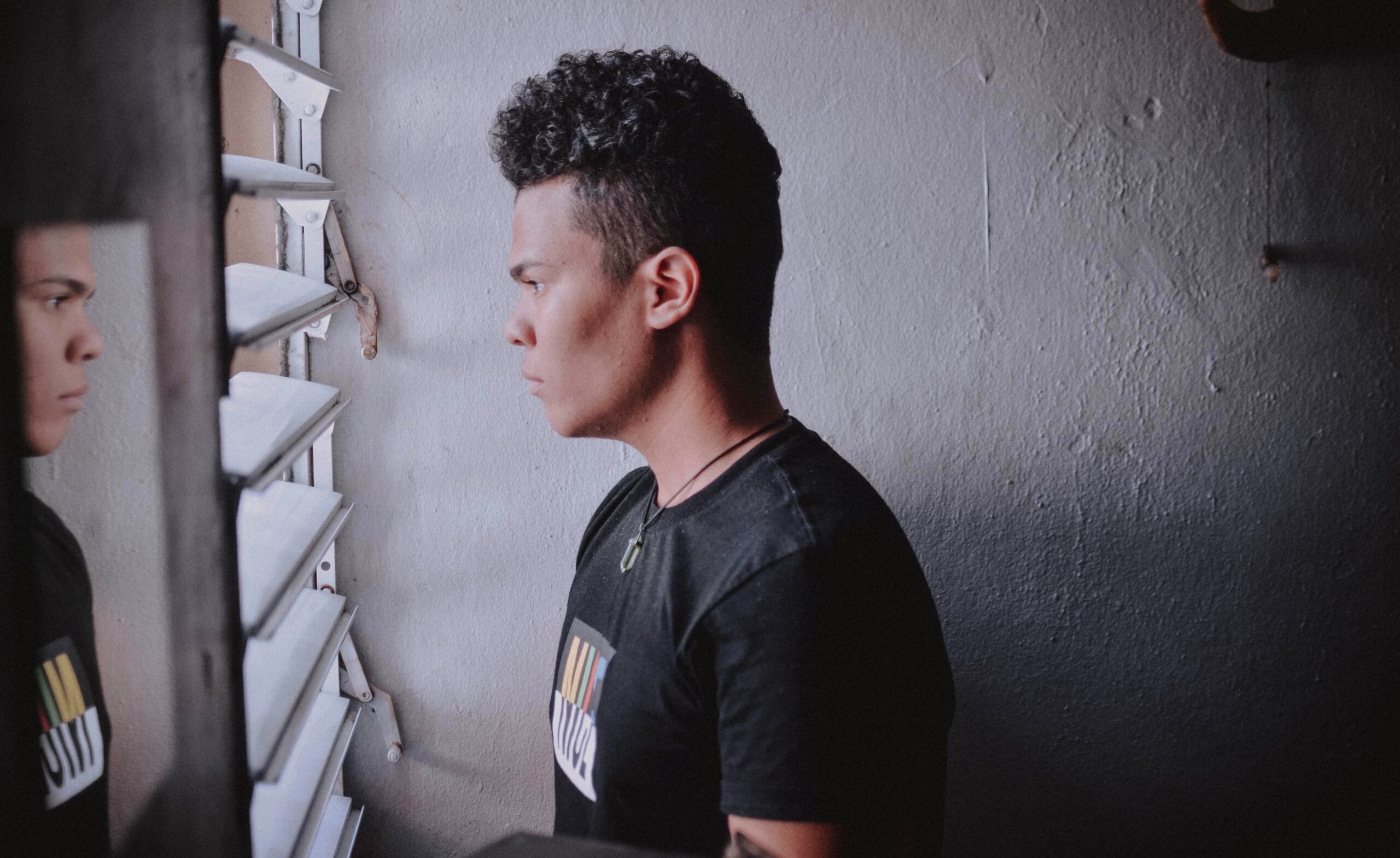In many ways, it’s easy to see and try to fix the problems we notice in others or the world around us. And addressing these areas might be part of our calling and how we can make a meaningful difference. But we cannot effectively deal with external problems without also regularly confronting our very selves.
For instance, it’s not unusual to occasionally feel offended or otherwise disrespected at work, in marriage, or simply interacting with others in public. And it’s tempting in these moments to assume the problem is with the other. And, to be fair, they might have their part to play. But our triggers often highlight themes in our own story that need addressing.
For example, we might feel like we have to constantly prove ourselves to others, or fear we’re being left out, or that we’re consistently being taken for granted. And chances are good that these were themes in our story long before this latest incident.
Confronting ourselves is then addressing our own feelings of shame, fear, anger, or the like.
Who told us we were not enough? And what will it take for us to remember our own value and worth that’s not dependent on the opinions of others?
What can we learn from fear without letting it get the best of us? And will we practice the courage to keep showing up even when there are many unknowns and risks we cannot control?
Likewise, can we humbly remember everyone will not see things our way? And will we follow the example of Christ – choosing love even when it is not fair and taken for granted?
Whatever it looks like, exposing and dealing with the hidden motivations on our side of the street allows us to see clearly and to effectively address the other issues also in play. We’re prone to frustrate everyone when we’re not squaring ourselves away first.
In the end, be willing to deal with your own feelings of anger, insecurities, and fears before assuming the problem is with someone else. Confronting yourself is one of the most courageous acts of love you can offer.
Photo by June Heredia on Unsplash


